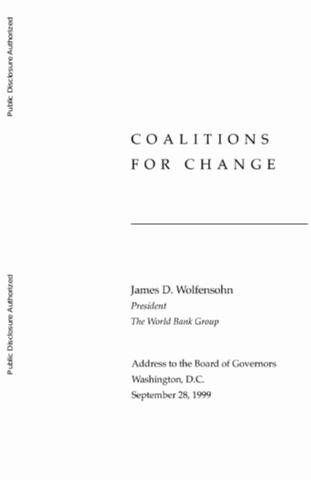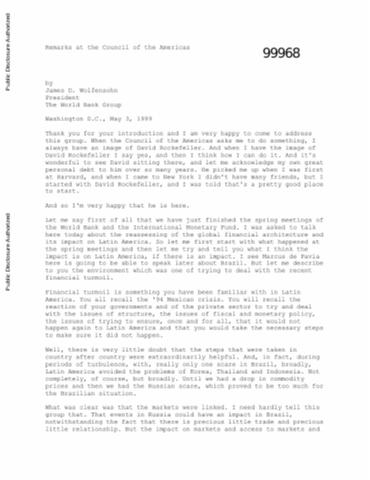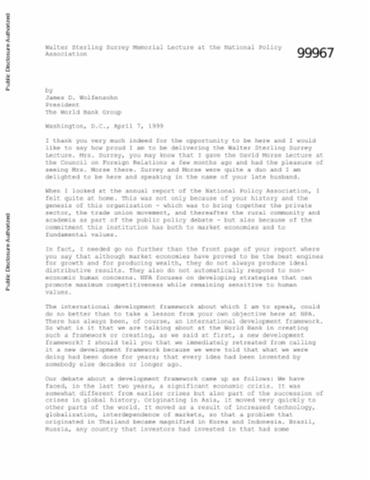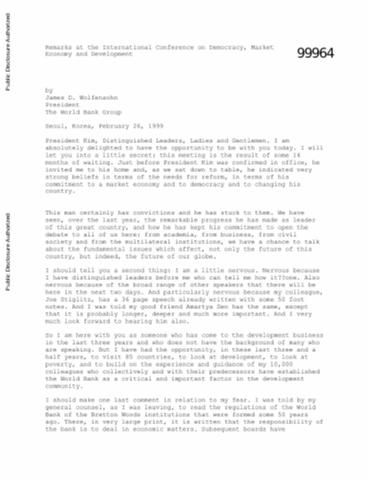Zimbabwe: The Politics of Land and the Political Landscape
Short analysis of the farm invasions from the perspective of Zimbabwe’s 300,000 farm workers, who are among those excluded from the distribution of land. In the past land invaders have been evicted by government which makes those now settled uneasy. Criticises technocratic proposals by the opposition which would also disqualify farm workers. One solution is to look at the local level, where various new forms of cooperation and sharing are occurring.







